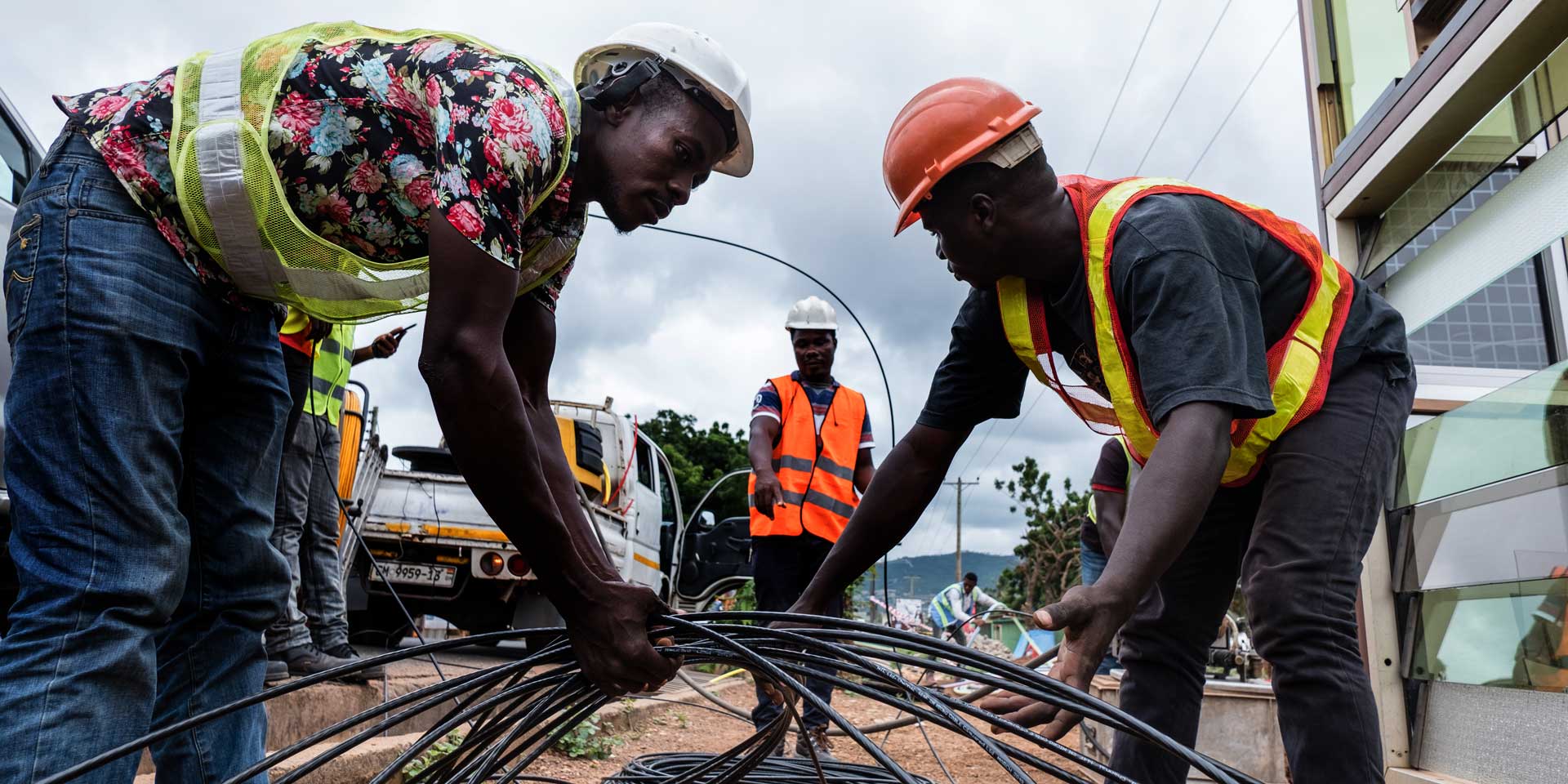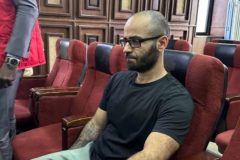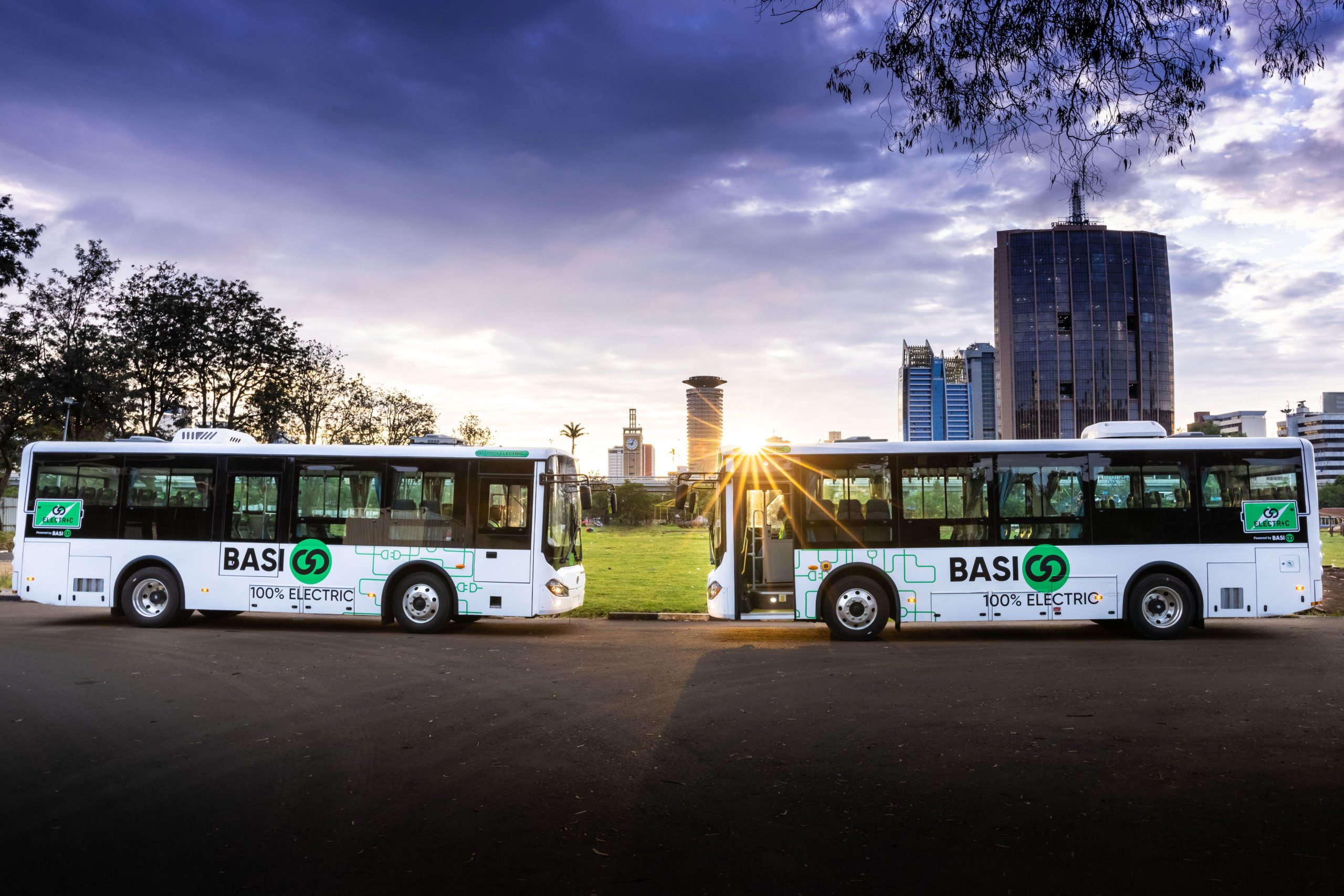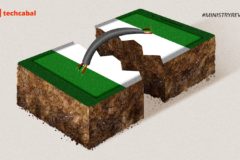According to Nigeria’s national broadband plan (2020-2025), broadband penetration should hit 90% by 2025. It is an ambitious goal given that for years, broadband penetration has hovered around the 30% region.
But there has been some recent progress. A tweet from the Minister of Communication and Digital Economy, Dr Isa Pantami, revealed that in 2020, broadband penetration increased to 43.3%. Analysts like Gbenga Sesan have noted that the figures the ministry claims are wrong and that broadband penetration is less than 10%.
Whatever the correct figure is, Nigeria still has some ways to go due to a mix of challenges, one of which is infrastructure and an inability to standardise fees. For broadband access to increase throughout the country, network operators have to dig up roads and lay optic fibre cables.
They cannot install such hardware without a Right of Way (RoW) approval from state governments. But RoW fees are high and it is expensive to lay cables; so broadband connectivity suffers.
While RoW is a source of revenue for state governments, the big picture is that if any of these states reduce the fees, they may attract telcos to make a significant broadband investment. In 2020, MTN requested approval from the Ekiti state government to lay 160km of fibre optic cables after reducing its RoW fees.
Governors agree to slash Right of Way fees
Standardising RoW fees is one way to encourage telcos to make investments in broadband infrastructure, so in 2020, Nigeria’s 36 governors agreed to an important step – a standardised RoW fee of ₦145/m.
So far, only Kaduna, Ekiti, Katsina, Plateau, Ekiti, Kwara, Anambra, and Imo are implementing the new fees one year after the agreement. States like Benue, Ogun and Lagos charge N2,500, N4,000, N750 per Linear Meter.
It is unclear why these states are not implementing the new fees, but stakeholders continue to mount pressure regardless. There are reports that the Association of Licensed Telecoms Operators of Nigeria (ALTON) is looking at signing a Memorandum of Understanding with states to bring down RoW charges.
There have also been discussions on the floor of the National Assembly, but it has not translated into lower fees mostly because the governors reserve the right to fix these fees.
Regardless of this power, the governors of the remaining 29 states must play the long game and lower prices because deepening broadband penetration is a big win for Nigeria as a whole.





















